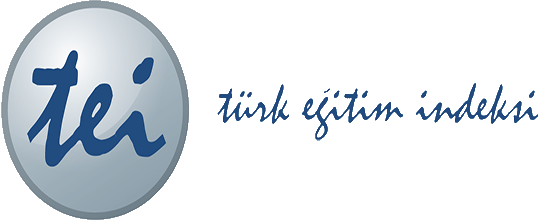OSINT AS A PROMISING TOOL FOR CONTROLLING LOBBYING ACTIVITIES IN THE CONTEXT OF NATIONAL SECURITY
DOI:
https://doi.org/10.32689/2617-9660-2019-4(6)-201-208Keywords:
intelligence, open source, open source information, intelligence collection, OSINT, state security, lobbying, National Council of Ukraine on Lobbying Regulation.Abstract
The article focuses on exploring the mechanism for obtaining open source intelligence (OSINT) as a promising tool for controlling lobbying activities in the context of national security. The author analyzes both domestic and foreign approaches to understanding the process of obtaining intelligence from open sources and proposes his own definition of OSINT. Particular attention is given to classifying sources that can be used in OSINT. Given the increasing need for lobbying in Ukraine, the author proposes the creation of a National Council of Ukraine on Lobbying Regulation (NCULR) as a collegial structur focused on protecting Ukraine’s national interests and realizing national security. The study identified the benefits of OSINT for use in the oversight activities of the National Council of Ukraine on lobbying regulation. These include: saving time and resources through the initial collection of open source information on the activities of lobbying entities; the ability to provide the country’s leadership with high-quality analytical information on potentially dangerous activities of lobbying entities; the possibility of publicizing the information obtained through the use of OSINT regarding the illegal activities of lobbyists, given the open nature of such information (which will repel information attacks by unscrupulous lobbyists and dismiss for charges NCULR as a despot). Additionally, the effectiveness of OSINT for NURRL will be driven by the fact that NCULR is comprised of professionals from various fields of expertise and areas of activity. According to the author, the active use of OSINT in NCULR activities should be the key to the effectiveness of lobbying regulation in Ukraine, especially in the context of state security.
References
Пащенко Т. П. Гібридна війна та соціальні мережі. Інформаційний вимір гібридної війни: досвід України: матеріали міжнародної науково-практичної конференції. Київ: НУОУ, 2017. С. 62-65.
Минько О. В. Використання технологій OSINT для отримання розвідувальної інформації / О. В. Минько, О. Ю. Іохов, В. Т. Оленченко, К. В. Власов // Системи управління, навігації та зв’язку. 2016. Вип. 4. С. 81-84.
Ржевська Н.Ф. Розвідка відкритих джерел (OPEN SOURCE INTELLIGENCE) Ржевська Н. Ф., Кожушко О. О. Розвідка відкритих джерел. URL: http://ena. l p . e d u . u a / b i t s t r e a m / n t b / 1 9 2 3 2 / 1 / 5 3 - Rzhevska-257-261.pdf.
Доронин А. И. Бизнес-разведка / А.И. Доронин. 2-е изд., перераб. и доп. М., Ось-89, 2003. 384 с. URL: http://www. fb2book.com/?kniga=6313&strn=1&cht=1
Heather J. Williams, Ilana Blum. Defining Second Generation Open Source Intelligence (OSINT) for the Defense Enterprise https://www.rand.org/pubs/ research_reports/RR1964.html
National defense authorization act for fiscal year 2006. URL: http://www.dod. gov/dodgc/olc/docs/PL109-163.pdf
Open source intelligence (Headquarters, Department of the Army) URL: https://fas.org/irp/doddir/army/fmi2- 22-9.pdf
Open Source Intelligence (OSINT): Issues for Congress, December 5, 2007. URL: www.fas.org/sgp/crs/intel/RL34270.pdf
NATO Open Source Intelligence Handbook, November 2001. URL: http://www. oss.net/dynamaster/file_archive/030201/ca5 fb66734f540fbb4f8f6ef759b258c/NATO%20 OSINT%20Handbook%20v1.2%20-%20 Jan%202002.pdf
Правове регулювання лобіювання в Україні: проблеми та перспективи: матеріали круглого столу (Київ, 24 квіт. 2019р.) / [ред..кол.: Мищак І. М., Тєлькінєна Т. Е., Яровой Т. С.] Київ, «Видавницьво Людмила». 2019. 104 с.










